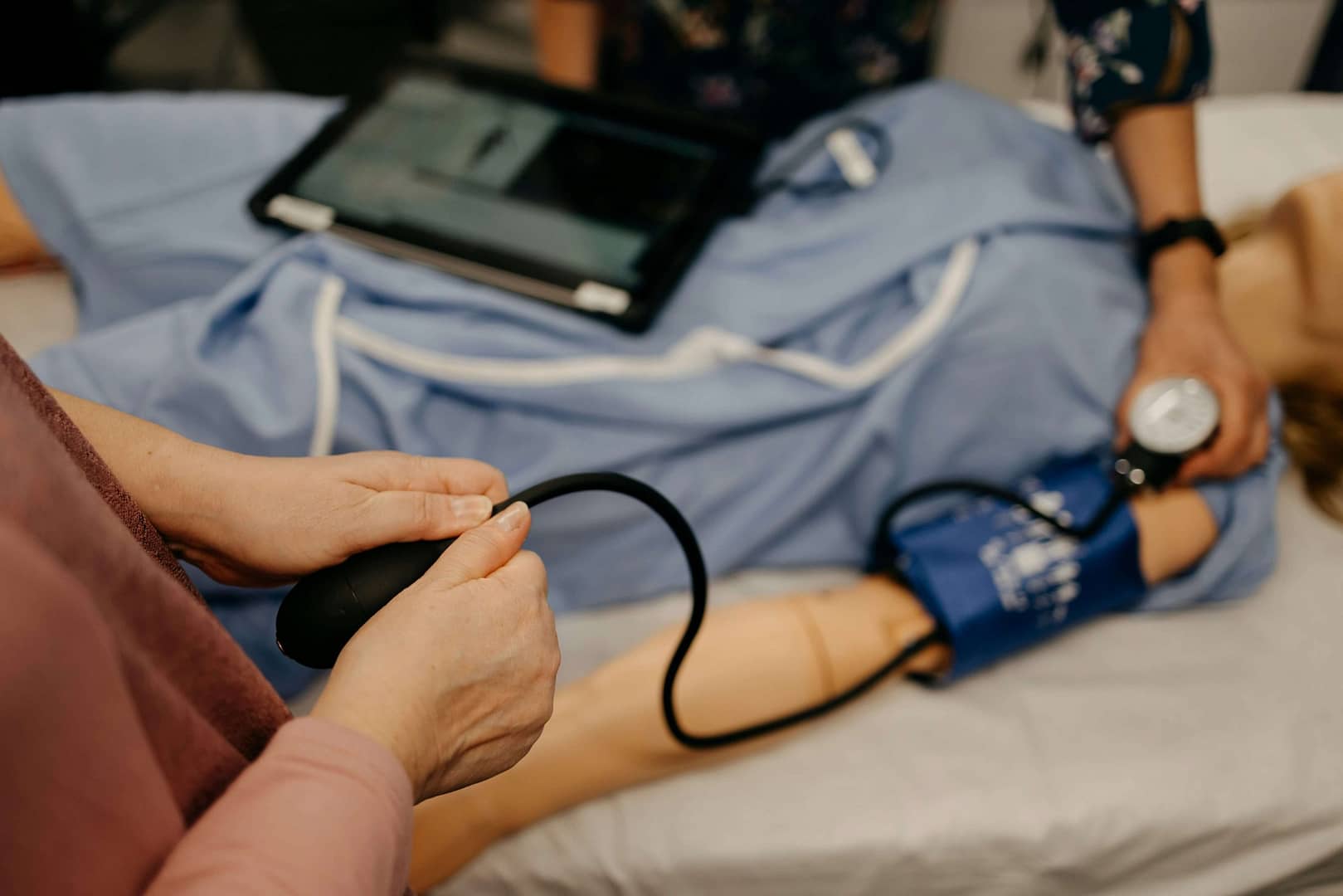Medical errors, adverse events, and negligence are terms often used interchangeably, but they have distinct meanings, especially within the UK’s legal and healthcare landscape. Understanding these differences is crucial for patients, healthcare providers, and legal professionals alike. This comprehensive guide will delve into the intricacies of these concepts, shedding light on their implications for healthcare and legal proceedings in the UK. We will also highlight how you can start a medical negligence claim.
Medical Errors: Unintentional Mistakes
Medical errors are unintended acts of omission or commission or one that does not achieve its intended outcome. They can occur at any stage of patient care, from diagnosis and treatment to medication administration and surgery. These errors are often due to system failures, communication breakdowns, or individual mistakes. Common examples include incorrect diagnoses, medication errors, surgical errors, and healthcare-associated infections.
While medical errors are unfortunate, they don’t always constitute negligence. Negligence requires a breach of the duty of care owed by healthcare providers to their patients. This means that the care provided fell below the standard expected of a reasonably competent healthcare professional in similar circumstances.
Adverse Events: Unintended Harm
Adverse events are unintended injuries or complications that result from medical care or treatment. They can occur even when there are no medical errors involved. For instance, a patient may experience an adverse reaction to a medication despite the correct dosage being administered. Adverse events can range from minor complications to severe disabilities or even death.
While all adverse events are undesirable, not all are preventable. Some are inherent risks associated with medical procedures or treatments. However, preventable adverse events are often caused by medical errors and may give rise to claims of negligence.
Negligence: Breach of Duty of Care
Medical negligence, also known as clinical negligence, occurs when a healthcare provider’s actions or inaction falls below the accepted standard of care, resulting in harm to the patient. To establish negligence, three elements must be proven:
- Duty of Care: The healthcare provider owed a duty of care to the patient.
- Breach of Duty: The healthcare provider breached that duty by providing care that fell below the accepted standard.
- Causation: The breach of duty directly caused the patient’s injuries or harm.
Proving medical negligence can be complex and requires expert medical evidence. If negligence is established, the patient may be entitled to compensation for their injuries, pain, suffering, and financial losses.
The UK’s Legal Framework for Medical Negligence
In the UK, medical negligence claims are governed by the law of tort, specifically the tort of negligence. The National Health Service (NHS) is also subject to various regulations and standards that aim to ensure patient safety and high-quality care.
The NHS has its own complaints procedure for patients who are dissatisfied with their care. If the complaint is not resolved satisfactorily, the patient can escalate it to the Parliamentary and Health Service Ombudsman. Alternatively, patients can seek legal advice and pursue a claim for compensation through the courts.
Implications for Healthcare Providers
The distinction between medical errors, adverse events, and negligence has significant implications for healthcare providers. While errors are inevitable in any complex system, healthcare organizations have a duty to minimize their occurrence and learn from them to prevent future harm.
Adverse events, whether caused by errors or not, can have a devastating impact on patients and their families. Healthcare providers must be transparent about adverse events, investigate their causes, and take steps to mitigate their risk.
Negligence claims can have serious consequences for healthcare providers, including financial penalties, reputational damage, and disciplinary action. Therefore, it’s crucial for healthcare professionals to understand their duty of care and adhere to the accepted standards of practice.
Making a Medical Negligence Claim with National Claims
At National Claims, we understand the devastating impact medical negligence can have on individuals and their families. If you or a loved one have suffered harm due to medical errors, misdiagnosis, surgical complications, or any other form of negligence within the healthcare system, we are here to help.
Free Consultation
We offer a free, no-obligation consultation to discuss your experience and assess the circumstances surrounding your medical treatment. We’ll listen carefully to your concerns, review any medical records or documentation you have, and evaluate the potential for a medical negligence claim. This initial assessment will allow us to provide you with personalized advice and connect you with a solicitor specializing in medical negligence who will be able to assist you further.
*No Win, No Fee
We believe that every injured worker should have access to justice, regardless of their financial situation. That’s why we offer our services on a “No Win, No Fee” basis. You won’t pay any upfront legal fees, and our fees are contingent on the success of your claim. This allows you to pursue your case without financial burden.
*Customers pay up to 25% (incl. VAT) of the amount recovered towards solicitor costs and if you cancel outside your cooling off period, you may be charged a fee.
Contact us today to speak to one of our claims agents who will be able to help you get started on your claim.
Click below to see why we are one of the most trusted claims management companies in the UK.

We’re proud of our excellent customer reviews
We thrive on delivering exceptional service and ensuring our clients’ satisfaction. Don’t just take our word for it. Check out some of our independent reviews to see what our clients have to say.
Excellent

This firm is excellent, they sorted out my car pay out and injury claim very fast, they always communicate with you all the time.

My accident case was dealt with confidence and with great result of the outcome, especially James kept me informed all the time.

I was very impressed at the way my inquiry was treated. I was listened to attentively and everything I needed to know was explained to me.






